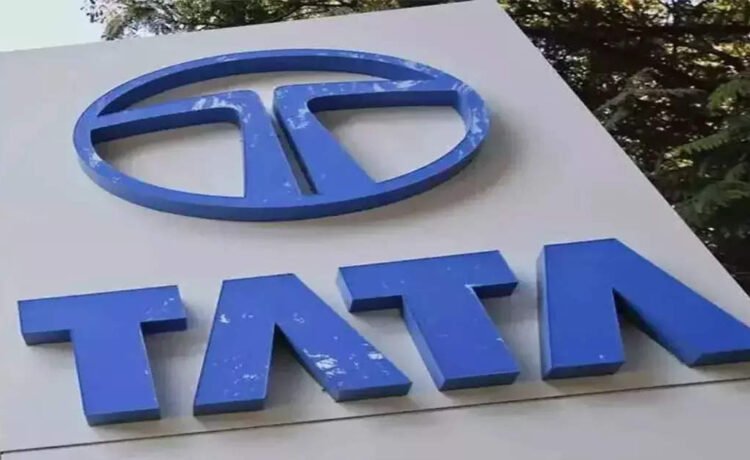As chairman N Chandrasekaran begins the penultimate year of his second term, Tata Sons is ramping up investments in its new ventures to help them reach the ambitious target he has set for them – by FY27, all new businesses should rank among the top five group companies by revenue and achieve profitability.
Tata Sons did not comment.
Capital-intensive Initiatives
Chandrasekaran, 62, who assumed leadership in February 2017 and secured a five-year extension in 2022, will complete his second term in February 2027.
The group’s largest investments have been directed towards Tata Electronics, Tata Digital, Air India and battery manufacturing. These are estimated to exceed $120 billion in the coming years, with a significant share going to capital-intensive initiatives such as semiconductors and Air India, the people said.
All capital allocations for the new ventures are being done through equity investments and internal accruals since Tata Sons voluntarily surrendered its certificate of registration with the Reserve Bank of India (RBI) last year and repaid more than Rs 20,000 crore in debt to remain unlisted. Going forward, funding for its new businesses will be largely sourced from dividends, people in the know said.
In FY24, the holding company received nearly Rs 24,000 crore in dividends from 13 of its listed firms, with flagship Tata Consultancy Services (TCS) contributing approximately Rs 19,000 crore, Tata Motors Rs 2,000 crore and Tata Steel Rs 1,450 crore.
The group has kickstarted preparations for a $2-billion IPO for Tata Capital and has appointed Kotak Investment Banking as lead banker.
The non-banking financial company (NBFC), in which Tata Sons holds about 93%, is also exploring a rights issue in which the holding company would participate, people cited above said.
The group targets to scale Tata Electronics, Air India and Tata Digital into financially strong and self-sustaining businesses within the next two years.
The aviation business, which includes Air India and Air India Express, has trimmed its losses to Rs 6,337 crore in FY24, from Rs 15,414 crore in the previous fiscal year. The digital and electronics business recorded a whopping 148% year-on-year jump in its revenue for FY24 to Rs 1,612 crore, but its net losses widened to Rs 2,223 crore, from Rs 1,723 crore in the previous year.
Despite mounting domestic and global uncertainties, group company CEOs have been given aggressive growth targets, with Chandrasekaran emphasising bold ambitions to capture growth opportunities amid challenging market conditions, officials said.
Tata Sons reported a 57% surge in net profit for 2023-24 at Rs 34,654 crore. Revenue rose 25% to Rs 43,893 crore, from Rs 35,058 crore in FY23.
The group’s listed companies have delivered strong growth, with overall revenue rising 30% to Rs 11.23 lakh crore and net profit increasing 9.4% to Rs 86,500 crore over the past two fiscal years. The 14 listed firms – including Tata Motors, Titan, Tata Power, Trent, Voltas and Indian Hotels – saw revenue growth of 50-100% between FY22 and FY24.
Tata Motors, which reported a loss of Rs 11,235 crore in FY22, posted its highest-ever profit of Rs 31,807 crore in FY24.
However, after a stellar rally from 2021 to 2024, group firms’ stocks have underperformed in the current fiscal, with their combined market capitalisation falling nearly 8% to Rs 27.88 lakh crore as of Friday’s closing, down from Rs 30.19 lakh crore on April 1 last year.
The Nifty gained 2% during this period.
Between FY22 and FY24, Tata group firms had added Rs 6.7 lakh crore in market cap, marking a 27% increase.
The move to drive growth in emerging ventures is seen as a strategic effort to maintain the group’s long-term competitive edge in a rapidly changing global business landscape amid disruptions driven by artificial intelligence (AI) and other emerging technologies.







